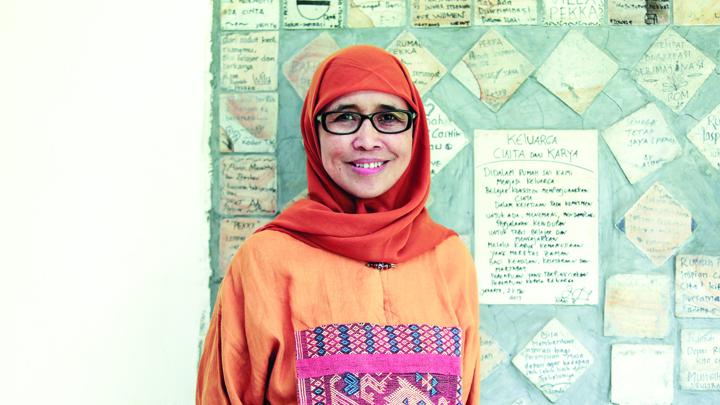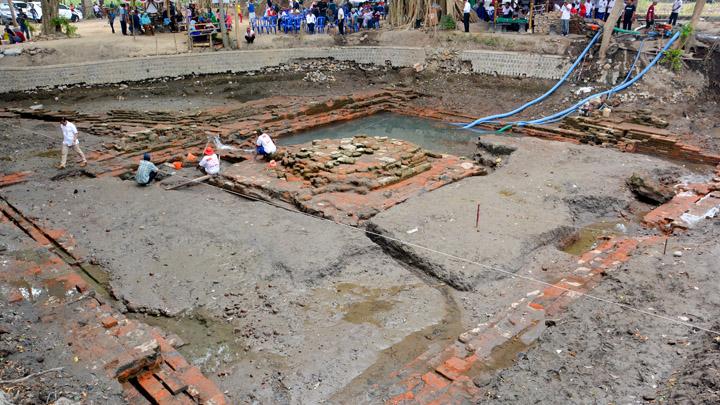Nani Zulminarni: Empowering Widows to be Independent
Translator
Editor
8 January 2019 14:27 WIB

Tintin Supriatin, a Pekka cadre at Sukatani village in Cianjur, West Java, said that most of the widows did not have money to open savings accounts. “They didn’t even have Rp1,000 with them,” she said. And so, in 2002, Pekka members deposited whatever means they had, rice, fruits, vegetables—anything. “We paid for the crops and they used the money to open savings accounts in cooperatives.”
The remaining business profit (SHU) is divided to 50 percent for the members, 20 percent for reserve funds, 20 percent for the organizers, 5 percent for group or collective needs, and the rest for social funds.
 Nani Zulminarni (left, standing) in one of her visits to East Nusa Tenggara 9NTT. Pekka doc.
Nani Zulminarni (left, standing) in one of her visits to East Nusa Tenggara 9NTT. Pekka doc.
At the same time, Pekka gave the widows plenty of education and exposed them to numerous empowerment programs. In addition to financial education for the widows, their children who had dropped out from school were also given lessons. There were also law empowerment and paralegal training to help widows take care of birth certificates, divorce papers, and unregistered marriages.
According to Nani, encouraging women to move forward and increase their self-capacity is a very difficult task. Sometimes, despite having realized their strong points, the women fell back to square one—discouraged by their status as a widow. “Urging them to be consistent was our biggest challenge,” said Nani, winner of numerous awards including the Ashoka Fellowship 2007, Sarinah Award 2014, and the 2014 Global Fairness Award.
That is why in the first three years, Nani considered Pekka still failing. Of about 100 micro-economic groups formed, only 10 are still running. But Nani was not discouraged. Together with a number of Pekka cadres whom she trained, they continued to strengthen the remaining savings and loan cooperatives. Pekka also began to expand into new regions and form women’s groups there.
This step generated positive results. From hundreds of micro-groups, in the following year, only 50 percent succeeded. But the number of groups that achieved success continued to improve until the success rate reached 10 percent of the existing saving and loan cooperative groups. In 2007, Nani inaugurated a number of Pekka Community Centres, each having their own unique programs. For example, there is the Pekka Mart supermarket in Adonara, East Nusa Tenggara. The supermarket with hundreds of millions of rupiah turn- over also serves as an economic empowerment center for local female household heads.
In Cianjur, in 2007 Pekka formed the Early Childhood Education (PAUD) institution, using funds that were partly given by donors. The PAUD’s existence strengthens the bond between Pekka members and encourages the formation of four similar educational institutions in Cianjur. In 2014, Pekka Cianjur members established and organized free make-up and hair styling training centers for women. “As of this year, we have trained 203 people,” Tintin said.
Seventeen years running, Pekka now has 31,447 members from 1,232 villages in 34 provinces. It also has 64 saving and loan cooperatives, 40 community centers or supporting offices that mobilize advocacy, as well as numerous economic programs like beauty salon training for women.























